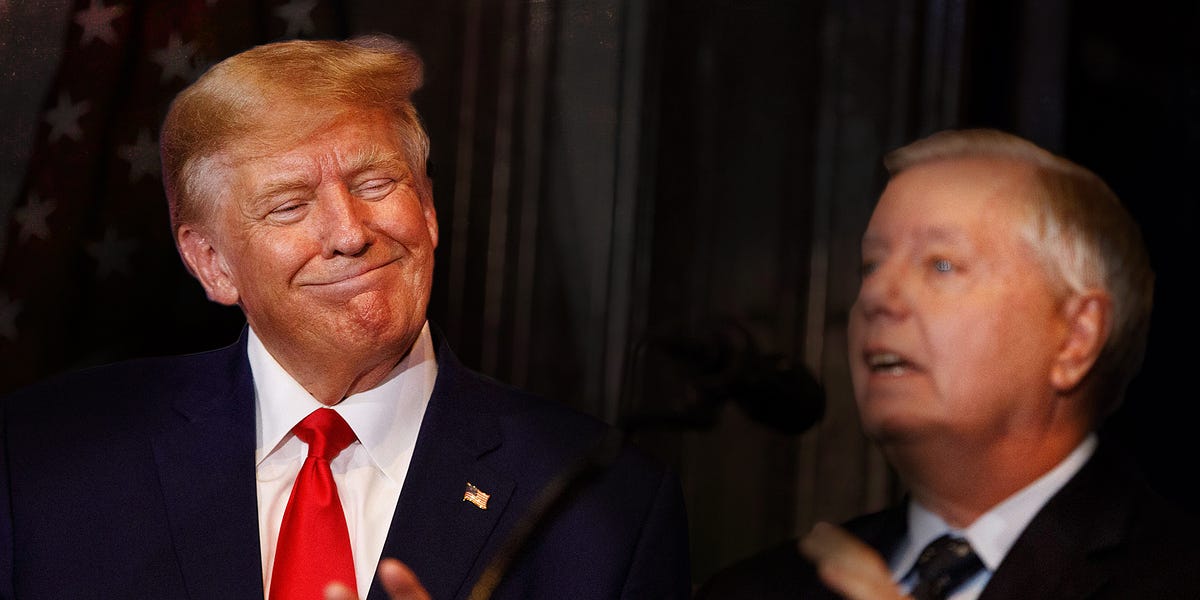Another DELUSIONAL thread from the 60's.
"Take our EXPERIMENTAL INJECTIONS or ELSE"
"WEAR A MASK" on fucking highway signs!!!!
"Close your small businesses because you're not ESSENTIAL"
On and on and fucking ON!!! THAT'S AUTH0RITARIAN!!!!!

"Take our EXPERIMENTAL INJECTIONS or ELSE"
"WEAR A MASK" on fucking highway signs!!!!
"Close your small businesses because you're not ESSENTIAL"
On and on and fucking ON!!! THAT'S AUTH0RITARIAN!!!!!


